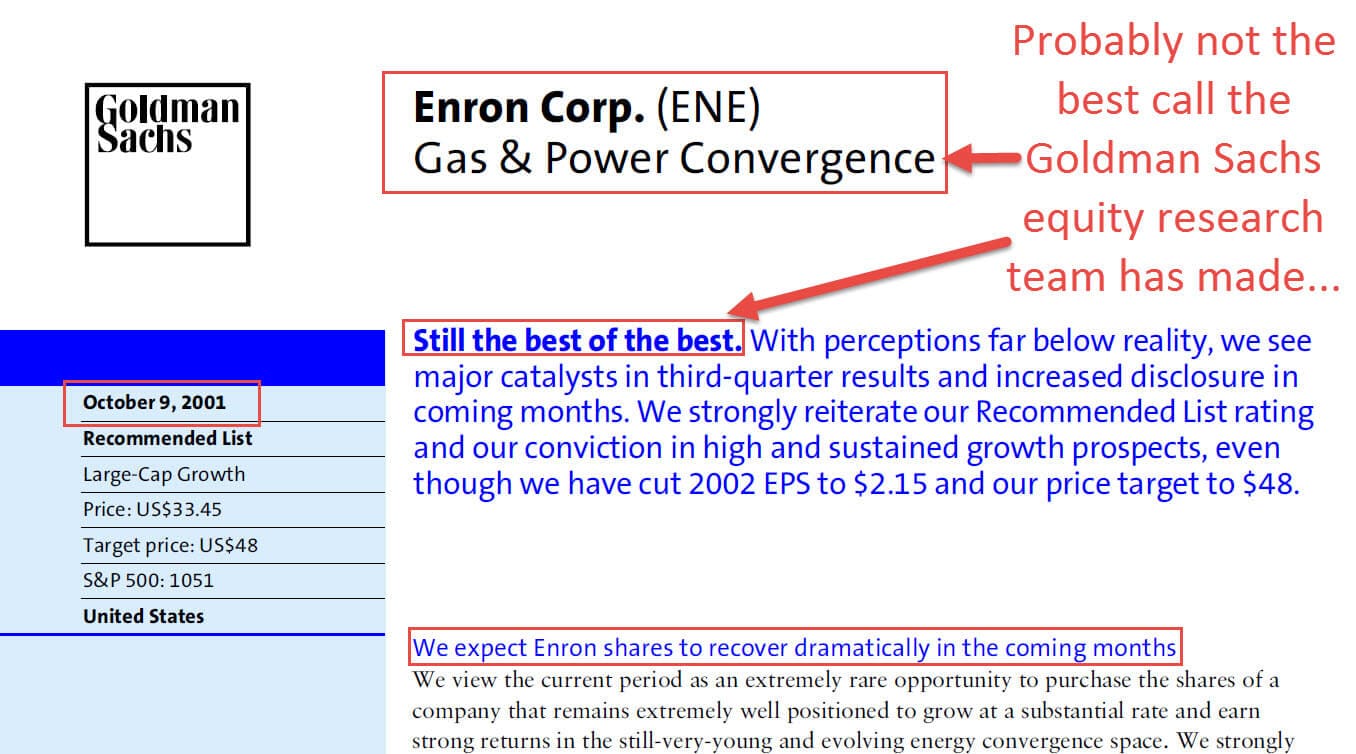Within the world of investing, the balance between risk management and returns is frequently a delicate dance. Investment professionals are perpetually faced with the task of making informed decisions that enhance their potential returns while minimizing associated risks. Here is where equity analysis becomes essential, serving as a vital tool for maneuvering through the complex landscape of stock investments. With equity research report of the knowledge of equity analysis specialists, they can gain insights that help fill the gap between assuming measured risks and reaping the rewards.
Equity analysis involves a deep examination of a company's financial health, market position, and growth potential. It is not just about crunching numbers; it also includes understanding wider market trends and economic conditions. With the right guidance from professionals in the field, investors can identify lucrative opportunities, recognize potential risks, and develop strategies that align with their investment objectives. Adopting equity analysis can empower investors to make decisions that lead to sustained growth and economic stability.
Understanding Stock Evaluation
Equity analysis is a systematic review of stocks to ascertain their probable value and uncertainty. It includes analyzing financial statements, market dynamics, and economic indicators to gauge a business's performance and outlook. By dissecting important figures such as profits, revenue growth, and margin ratios, analysts can create a clearer picture of how a company's stock might fare in the future.
Investors use equity analysis to make educated judgments, aiming to fill the chasm between potential hazard and return. This approach not only helps in recognizing underpriced stocks but also plays a crucial role in measuring the complete status of an investment holdings. The insights obtained from comprehensive analysis can lead to better investment choices and better risk management.
Equity analysis specialists apply multiple techniques to improve their evaluations. Fundamental evaluation targets true worth, while technical evaluation studies historical price movements and trading volumes. By combining these approaches, specialists can provide a comprehensive view, helping shareholders maneuver the challenges of the stock market and refine their approaches to investing.
Assessing Risks Elements
As engaging in stock analysis, understanding risk elements is essential to arriving at well-informed investment decisions. Every investment carries inherent risks that can impact returns, and an equity analysis specialist is experienced in detecting and assessing these factors. Key elements include fluctuations in the market, economic conditions, and sector-specific issues. By thoroughly evaluating these aspects, specialists can provide guidance that enable investors to navigate uncertainties and bolster their portfolios.
An additional element of risk assessment is the examination of the company's financial health. Financial analysts review the balance sheet, profit and loss statements, and cash flow reports to gauge factors such as debt levels, profitability, and operational efficiency. This numerical analysis allows investors to comprehend how vulnerable a company might be to economic downturns or shifts in consumer behavior. A comprehensive financial assessment is critical in identifying the underlying risk associated with equity investments.

Moreover, equity analysis takes into review qualitative factors that can influence risk profiles. These may include the competence of management, competitive positioning, and changes in regulations. Specialists explore these factors to paint a holistic picture of potential threats. By merging quantitative and qualitative analyses, investors can make more informed and thoughtful decisions that reflect their risk tolerance and investment objectives.
Strategies for Enhancing Rewards
To enhance rewards through equity analysis, investors should employ detailed financial modeling. Understanding a company's financial health involves examining its income statements, balance sheets, and cash flow statements. This comprehensive approach allows analysts to evaluate growth potential, profitability, and overall stability. By assessing key metrics such as earnings per share, return on equity, and profit margins, traders can identify high-performing stocks that suit their risk appetite.
Another strategy is to remain informed about market trends and economic indicators. Equity analysis specialists constantly monitor shifts in interest rates, inflation, and industry developments. These factors can significantly impact stock performance. By staying ahead of market changes, traders can make timely decisions, taking advantage of opportunities that arise from shifts in market sentiment or industry dynamics. Being proactive rather than reactive is essential for maximizing rewards.
Additionally, diversification is a critical strategy for risk management and reward enhancement. By spreading investments across various sectors and asset classes, traders can mitigate potential losses while seizing growth opportunities. Stock evaluation can assist in guiding the selection of a diversified portfolio designed for individual investment goals. This well-rounded approach not only helps in navigating market volatility but also sets the stage for sustained rewards.
